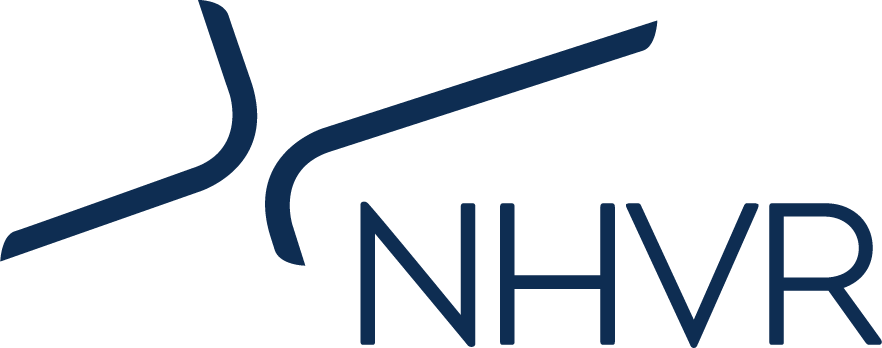NHVR’s powers to obtain information and documents
Under the Heavy Vehicle National Law (HVNL), Authorised Officers have the power to require the production of documents and or the giving of information (see s569, s570 and s570a of the HVNL for examples).
Section 735A of the HVNL provides that a person can claim legal professional privilege over information, including documents, that would otherwise have to be produced under the HVNL.
Legal professional privilege explained
Legal professional privilege is a fundamental common law principle that excludes some communications between a client and their lawyer from being subject to disclosure requirements.
Legal professional privilege applies to confidential communications between a lawyer and their client, when the communication was made for the dominant purpose of providing legal advice or legal services in relation to existing or contemplated litigation.
How to claim legal professional privilege
If you intend to resist the required production or provision of documents or information, you must prove, as the party claiming legal professional privilege, that the claim of privilege is valid.
You must provide sufficient basis for the claim of legal professional privilege in relation to each communication over which you are claiming legal professional privilege.
To make a claim of legal professional privilege, you must demonstrate:
- there was a client-lawyer relationship
- there was a confidential communication, and
- the communication was made for the dominant purpose of obtaining or giving legal advice, or for use in existing or contemplated litigation.
In making your claim, you must provide the NHVR with 2 things:
1. Sufficient information to enable the NHVR to form a view about whether the communication is covered by legal professional privilege, including:
- a description of the communication
- the type of communication
- the date of the communication
- the person(s) claiming legal professional privilege
- the extent to which legal professional privilege is claimed over the communication (the document can be provided to the NHVR in a redacted form).
2. The basis and reasoning for the claim of legal professional privilege, including:
- the category of legal professional privilege that is being claimed (legal advice or litigation), and
- sufficient detail to establish that the dominant purpose of the communication was for legal advice or litigation.
You do not have to give information that would reveal the content of the communication, but you must provide sufficient evidence to objectively demonstrate that the claim of legal professional privilege is valid.
A claim of legal professional privilege is not established simply by asserting that legal professional privilege applies to a communication, or that the communication is undertaken for the purpose of obtaining or giving legal advice. The NHVR will not accept blanket claims of legal professional privilege.
Documents which simply cite the law or precedent are not automatically covered by legal professional privilege. The relevant document, whether it is from an in-house legal provider or external legal provider, must be a communication made for the dominant purpose of providing legal advice or in contemplation of litigation.
Communications can be made for more than one purpose. However, you must demonstrate the dominant purpose that is, the ruling, prevailing, or most influential purpose for which legal advice was sought or for litigation purposes.
Waiver of legal professional privilege
The following information is general in nature and is intended to assist you to determine what information to produce to the NHVR in response to a direction to produce documents or information over which legal professional privilege is claimed.
This information should not be relied on as legal advice. If you are unsure of your obligations, you should seek independent legal advice.
Legal professional privilege is generally not waived by reference to:
Legal professional privilege may be waived in circumstances where you have acted inconsistently with the maintenance of the communication’s confidentiality. Examples include where you have:
- disclosed to the NHVR the substance of legal advice provided to you
- indicated to the NHVR you have received legal advice that may support a position you have taken on an issue, or
- where legal advice has been shared with a third party in a way that means the communication is no longer confidential.

 Accessibility tools
Accessibility tools

